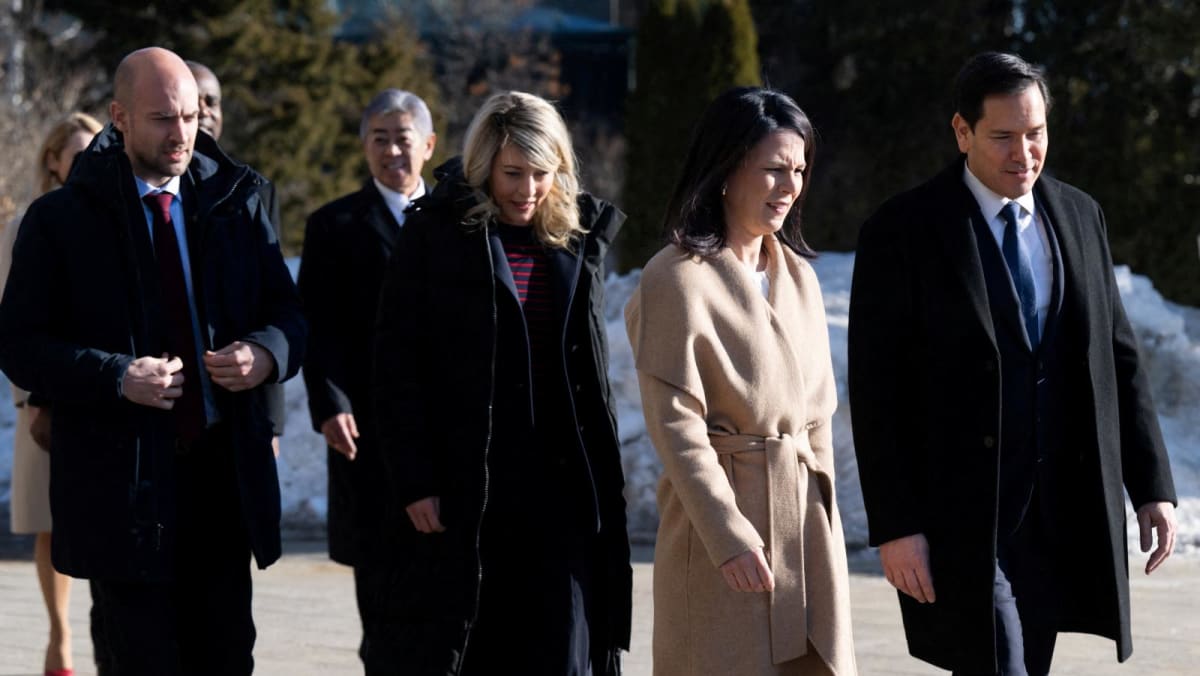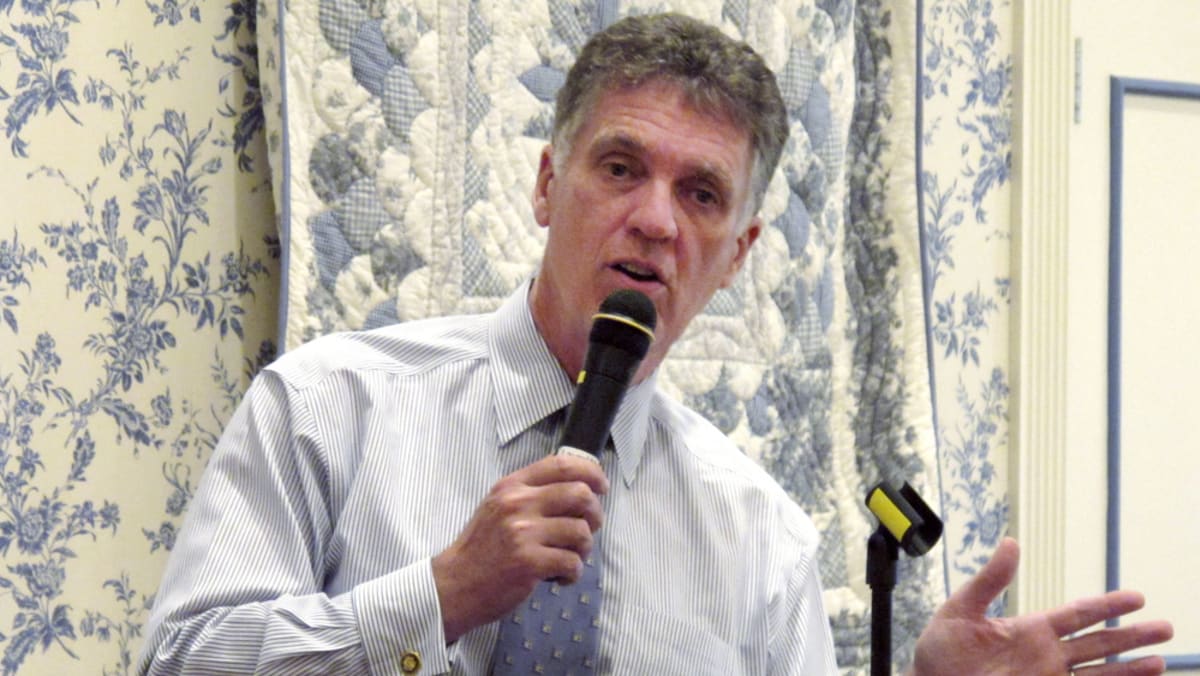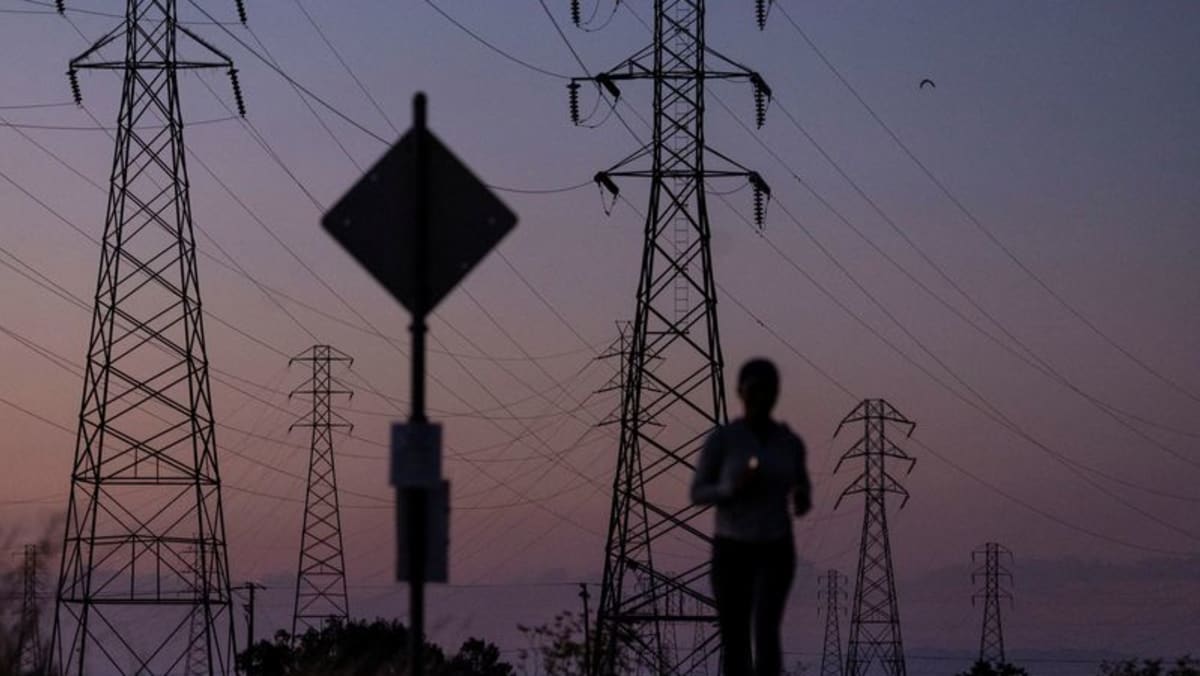News
Rescue underway after boat carrying migrants capsizes near Greece
At least 104 people have been rescued, the Coast Guard said.
LONDON and ATHENS — Rescue efforts are underway after a fishing vessel carrying migrants capsized in the Mediterranean Sea, about 54 miles off the coast of Pylos, Greece.
At least 104 people have been rescued, the Greek Coast Guard said. Early estimates put as many as 700 migrants on board when the boat capsized and began to sink, officials said.
The boat had been launched from Tobruk, Libya, and was headed for Italy, officials said.
The Greek Coast Guard is in charge of the rescue operation.
This is a developing story. Please check back for updates.
ABC News’ Joe Simonetti contributed to this report.
Source: abc news















